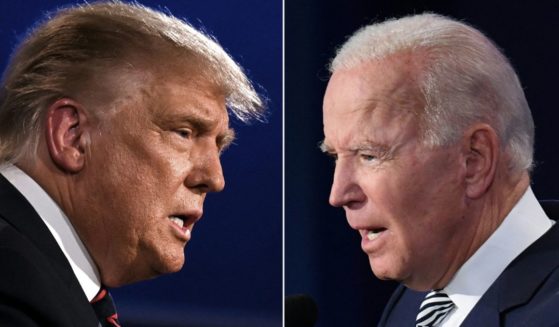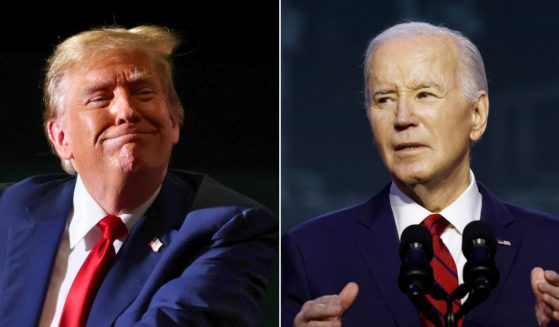Germany Spends $200 Billion on Green Energy, Still Doesn't Meet Leftists' Demands
The German government admitted it won’t be reaching its lauded emissions target, an embarrassment for a country that has spent billions in an effort to become an international leader in renewable energy.
Svenja Schulze, Germany’s environment minister, announced Monday that the country will likely fail to reach its goal of reducing carbon emissions by 40 percent by 2020 compared to 1990 levels.
Experts predict the rate will be cut by 32 percent at best. Officials are instead moving forward with an emissions target of 55 percent by 2050.
The announcement highlights a fumble for the German government, which has made its citizens shoulder a large financial burden to promote solar and wind technology.
Germany has spent an estimated $200 billion on a sweeping green energy initiative that has spanned over two decades.
Energiewende — a German phrase meaning “energy transition” — is the country’s name for its transition away from fossil fuels and toward renewable energy.
The plan broadly aims to slash its pollution rate by shutting down coal and nuclear plants in favor of solar, wind and biofuel energy sources.
Energiewende has come at great expense to the average German, who has paid an estimated $2,500 to prop up these various programs.
Schulze’s announcement does not come as a surprise to officials who have been monitoring progress.
During coalition negotiations in January, Germany’s ruling parties gave up on the idea of a 40 percent reduction by 2020, believing the goal was too unrealistic.
Despite massive investments in renewables, Germany has struggled to reduce its carbon emissions in recent years, highlighting the limitations of wind and solar.
The two main sources of renewable energy provide intermittent power when the wind stops blowing or when the sun isn’t shining. Germans are still expelling large amounts of energy, which has compounded the issue.
Instead of falling, the country’s emissions rate actually rose in 2016 and 2017.
Germany’s neighbors also appear to be scaling back their climate goals. The European Union announced Thursday a renewable energy target of 32 percent by 2030.
The number is shy of the European Parliament’s proposal of 35 percent, prompting environmental groups like Friends of the Earth Europe to call it “inadequate” and “barely above business as usual.”
A version of this article appeared on The Daily Caller News Foundation website. Content created by The Daily Caller News Foundation is available without charge to any eligible news publisher that can provide a large audience. For licensing opportunities of our original content, please contact licensing@dailycallern
Truth and Accuracy
We are committed to truth and accuracy in all of our journalism. Read our editorial standards.












